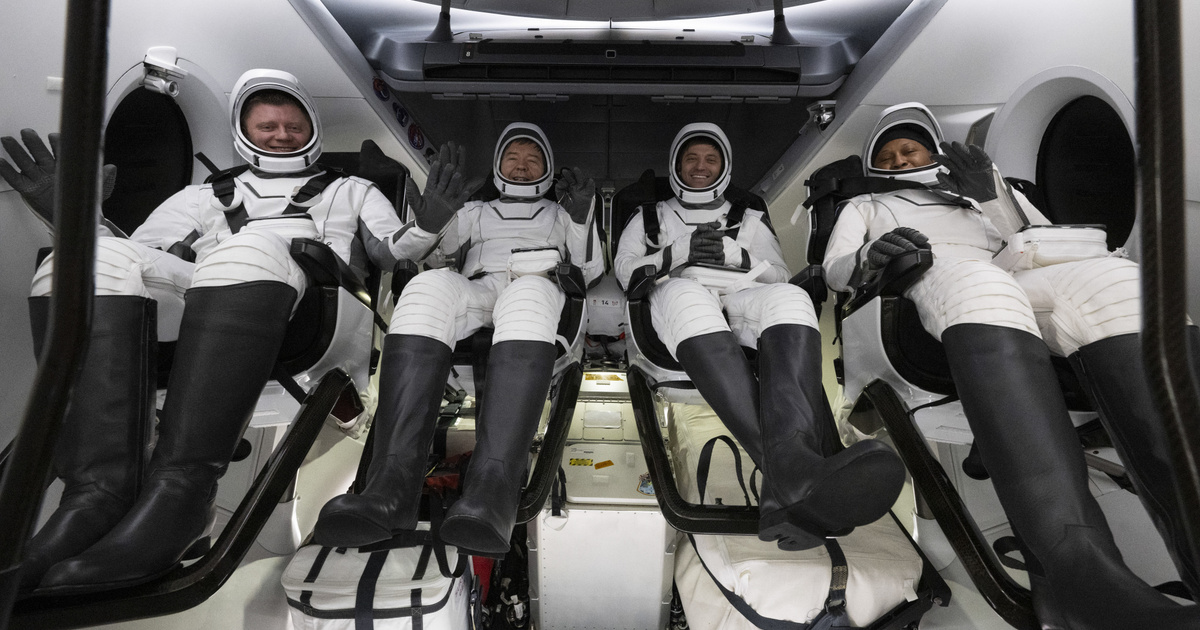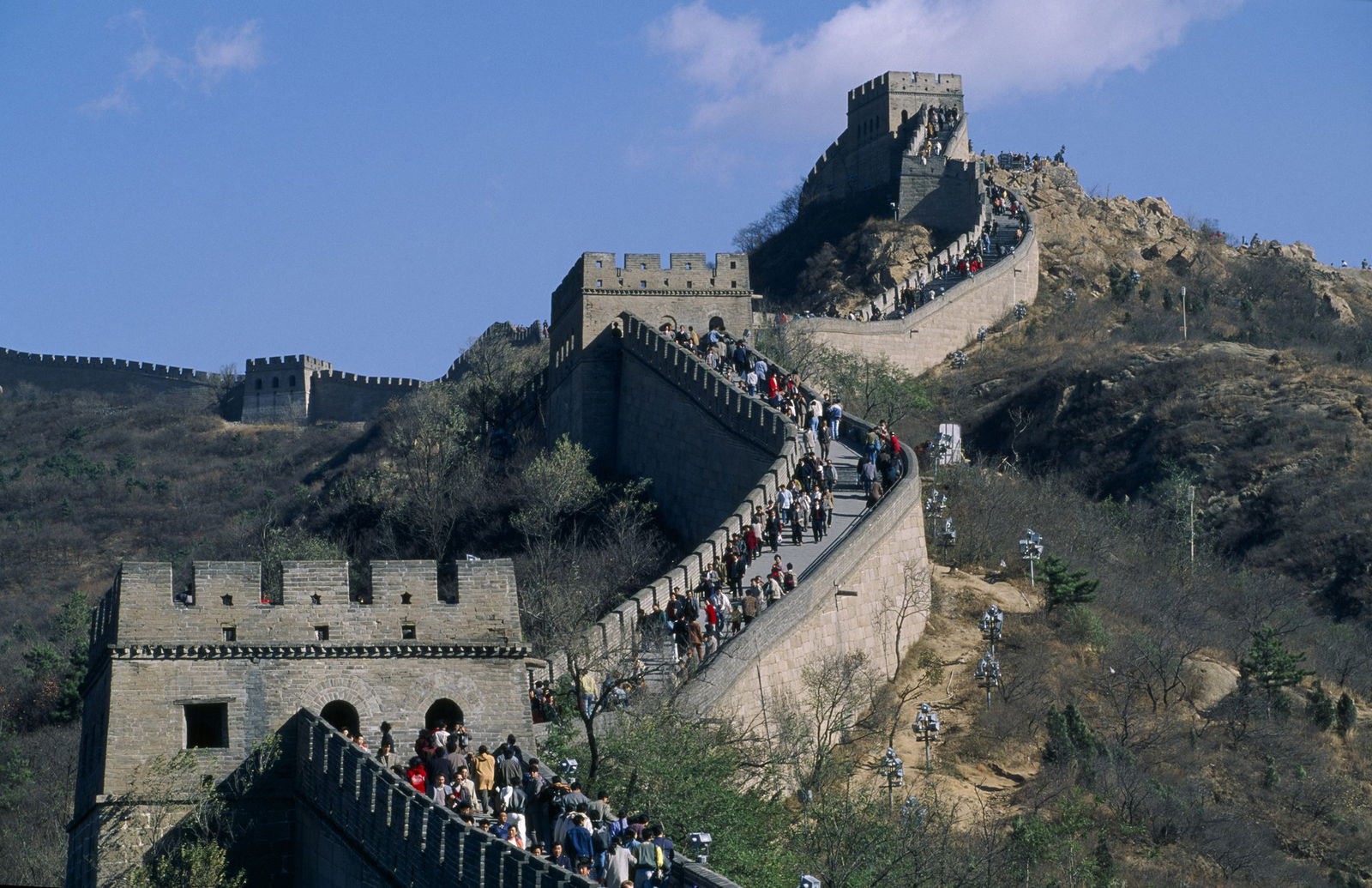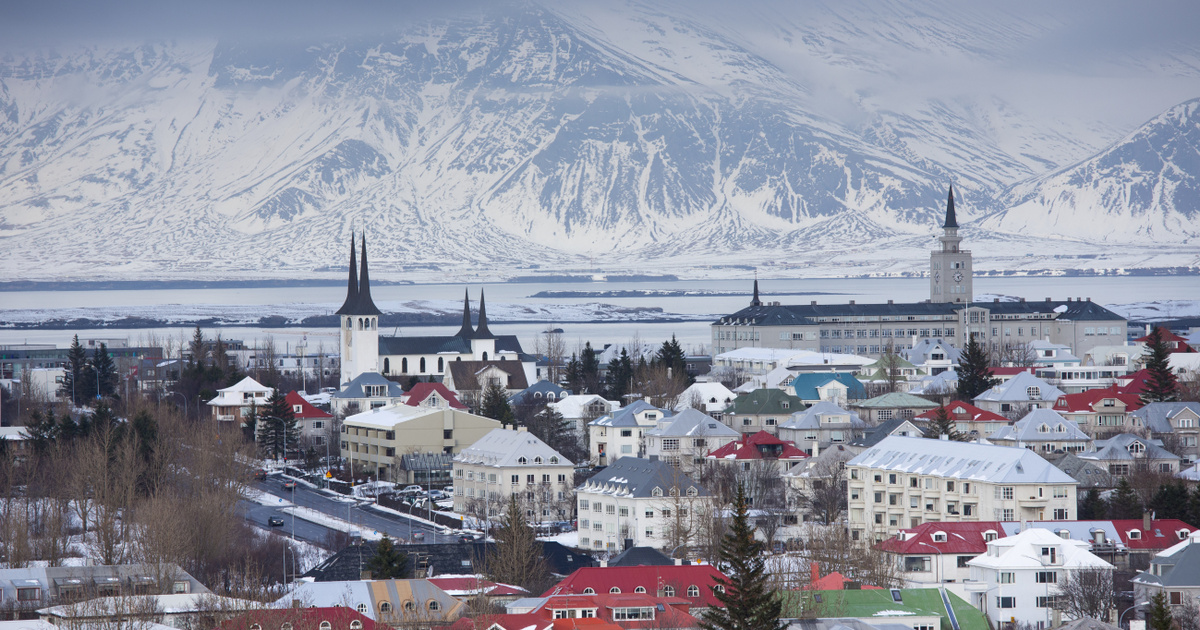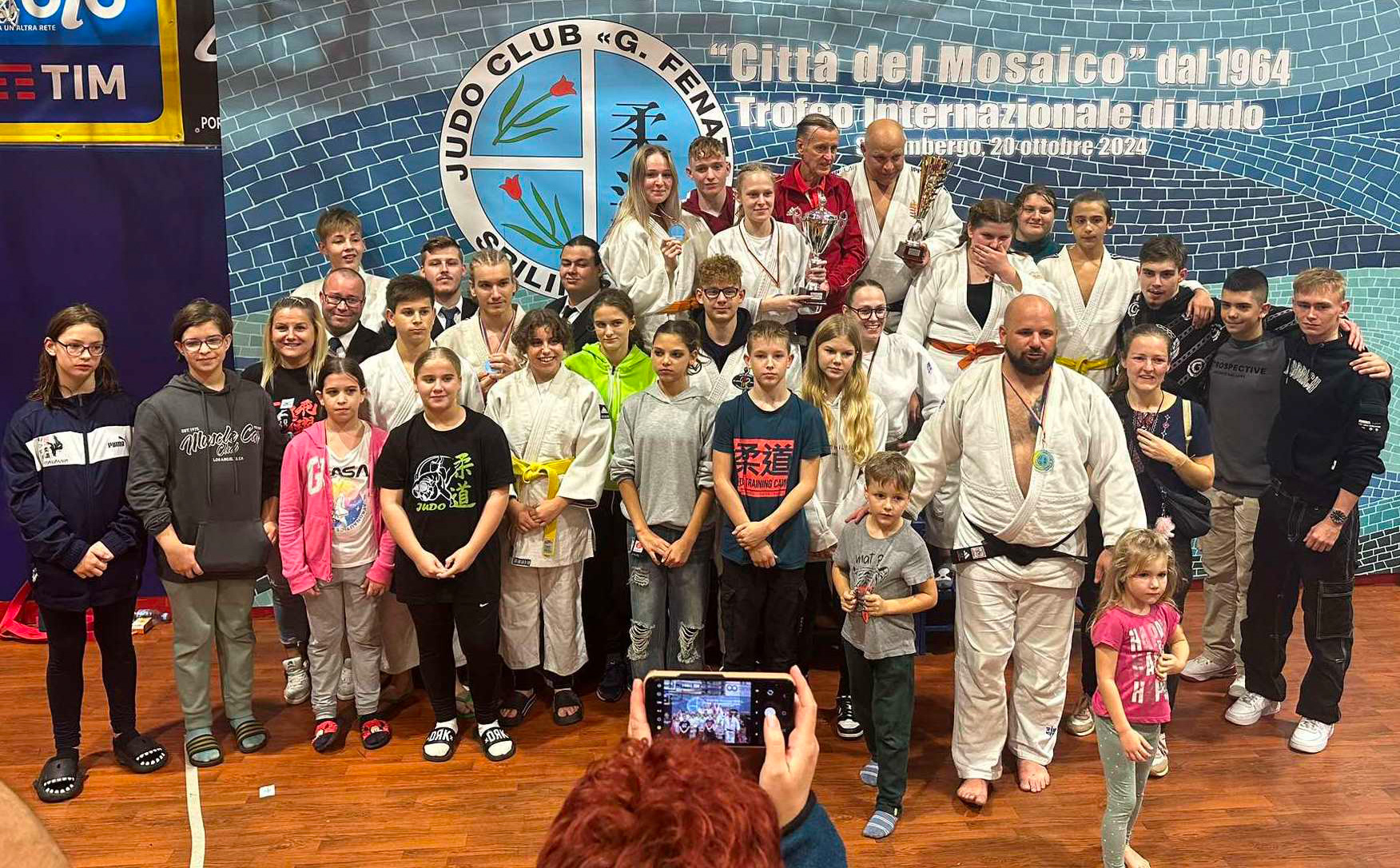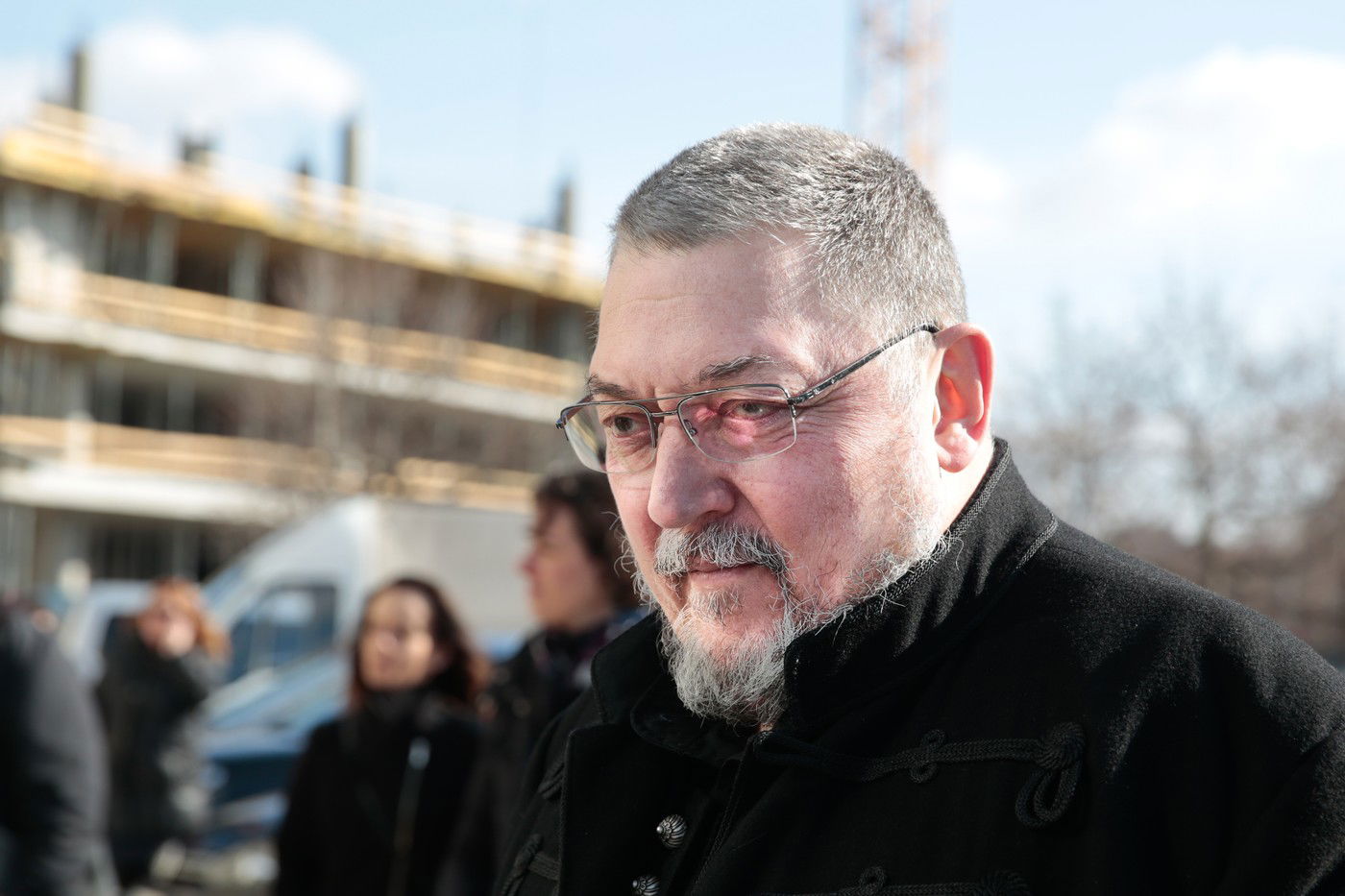Miklos Hargitay;
Europe; Hungary; the support; Downsizing; academic life;
2023-10-07 15:31:00
The latest ranking of EU tenders paints a depressing picture of the state of higher education and research in Hungary. It costs a lot to fall behind, but the roots of the problems run deeper.
Not a single Hungarian project is among the winning applications for initial ERC grants in the European Research Council’s (ERC) latest September list. The stated purpose of the Start-up Grant Application is to support outstanding young researchers (usually in the amount of €1.5 million) who wish to start their own independent research group or research programme.
Currently, there is no more objective indicator of the strength of the field of scientific research in an EU Member State than the commencement of grants, as well as the capacity of its higher education to provide a supply of scientists. The European Research Council provides access to a total research budget of around €100 billion, but its weight is not only given by the huge support framework. No European country can afford not to be associated with it, otherwise it would lose the measurability/comparability of its research field in relation to Europe, as well as the cooperation options and communication system that bidding opportunities provide (this is because Great Britain, which recently left the EU, has offered to try to return To ERC cooperation). In light of the above, the Hungarian “ranking” is particularly worrying because this kind of representation (distortion) is not at all typical among countries of similar size to ours: Netherlands 43, Sweden and Austria 19, Belgium 17, Finland 12, Norway 8, and Denmark 5. The Czech Republic succeeded with 3 projects, Poland and Estonia with two projects, and Romania with one project. In this area, where 628 million euros were distributed to 400 applicants, Hungary should have noticed itself with at least one or two successful applications.
Exclusion on the basis of education is typical, and then the NER fell upon us
The field of Hungarian higher education and research has undergone a major transformation during the fourteenth year of Orbán’s two-thirds term in office, but the scale of the reorganization has been upended at best. The deprivation of the academy of its network of research institutes, the decline of important research sites and research directions (e.g., the VITUKI Institute of Water Management), the exile of the CEU to Vienna, the astonishing restrictions on research and academic freedom, and the autonomy of universities in Europe. On the one hand, the somewhat expanding financial resources (universities and national research institutes coming under the ownership of foundations), while serious uncertainty regarding the Erasmus+ and Horizon programs looms over the entire sector, threatening Hungarian higher education and science may break away from European cooperation in the field Important.
Although on the surface the picture may seem alarming, this is only one (presumably smaller) part of the problems, but deep down there are much more serious problems.
– A strong process of exclusion and exclusion has occurred or is occurring. It has already been observed since the second half of the 1960s that the proportion of children of low-educated parents among participants in higher education and those who left the school system with such education is decreasing, that is, individual educational mobility was already declining so that educational “isolation” (not necessarily in the spatial sense). This situation continued to be strong after the regime change, and has taken on catastrophic proportions since the collapse of the NER system, social researcher Joseph Burroughs, a professor at Rutgers University in the US, told Nepsava.
Brutal political pressure
There are also problems with the quality of graduates and training. “My current sad experience is that the doctoral thesis of a colleague involved in doctoral training at the Public Service University did not even meet the standards expected for a bachelor’s degree program at ELTE TTK (!). “As I heard, the person successfully obtained the doctoral degree, and I was just excluded from the evaluation process “, wrote a lecturer at a science university that ranks relatively well in the world rankings as a typical example of our question. According to the person concerned, there are other signs of an unhealthy level of politicization. – Everything that has current political connotations is under political influence to an unacceptable degree In order to research wind energy, we requested data collected from public funds from the state enterprise in vain, but they simply did not give it to us based on the professional instructions of the Ministry. The topic of nuclear energy is also a taboo in public education, and more specifically, it is only allowed to discuss Its positive aspects.
The social and human sciences are subject to brutal political pressure. Moreover, the independence of science has been severely damaged
Joseph Boruch asserted that the political sphere belittles and demeans good scholars, while at the same time elevating people who have no meaningful work on a pedestal.
– There is a general consensus in international academic life that events such as the impossibility of operating a CEU university in Hungary, the termination of the gender-specific ELTE course, the introduction of the chancellor system as a means of governmental control, what happened with the SZFE, the structural change of universities, the outsourcing of institutions, the ridiculous campaign of identity politics , all of which had extremely harmful effects. On the issue of academic freedom and autonomy – sociologist Adam Havas, researcher at the University of Barcelona, expressed his opinion to Nepsava. According to him, Fidesz’s science policy can be interpreted as a mixture of neoliberalism and illiberalism:
We are now witnessing a stunning loss of prestige in the social sciences: important social questions are not being voiced by social scientists, but by obscure political commentators, so-called spot-on analysts, and celebrities. Direct political influence prevails at several levels: humanities and sociologists dealing with basic research are perhaps worst off, while the system is particularly favorable to the middle class, which is less able to compete internationally and less socially confronted. authorities.
A battle against regulations that are completely ridiculous in many cases
Finance is an evergreen topic and a source of constant bitterness.
– We are a small, almost marginal country, with a per capita GDP of 120-140 percent of the world average – reminded Joseph Boruc. – Hungarian research sources are almost completely insignificant. However, the dominance of EU subsidies has created a quasi-scientific, applications-oriented nature, in which a large number of scientists struggle between unworthy, professionally inexplicable formal procedures, bureaucratic constraints and, in many cases, downright ridiculous regulations. The degree of inequality between Member States in the distribution of EU research funds far exceeds the observed inequality in the national income of Member States. Soon, the situation will arise again, in which three countries – Great Britain, Germany and France – will receive almost half of the EU’s research funds – as was the case before Brexit. Even after Brexit, the share of Central and Eastern European countries remained far below their population proportions or economic performance. All of this could easily be changed – given the low ratio of science funding to EU GDP – Brussels could relatively easily launch catch-up science programs for smaller member states that are currently underfunded, preferably in a way that These programs avoid political influence on local states, but they do not.
“We cannot appoint a coach, because when the earning opportunities become clear, all the young men run away.”
Two years ago, I started majoring in renewable energy as an undergraduate; It has now become the most popular course, this year 54 percent of students have already chosen it – and it makes sense to extend it to Masters level, because we cannot continue to train those who graduate now, which means we will lose the vast majority of them; But there is no status, and if there is status, the salary will be low, so there will be no applicants – Bela Munkasi, lecturer at the Institute of Geography and Earth Sciences at ELTE, who is expected to receive 320-340 HUF. A new associate professor told our newspaper. As he said, he has not yet received his first associate professor salary, as an assistant professor he has received 280 thousand so far, but only because he collected 40 thousand 4-5 months ago. In another comparison, a Hungarian university lecturer earns roughly a tenth of the salary of a deputy minister – or a fraction of the income of Indian university professors – and at this salary level, we should be able to retain the most talented people at local universities.
– Regarding the impossibility of the Erasmus program and research funding sources, I consider what happened a tragedy as a postdoctoral researcher and lecturer working abroad. Although I understand the sanctions, I feel that the geopolitical whip has hit the wrong place. At the same time, I don’t really understand why we don’t hear about radical student movements, for example in relation to Erasmus, at a time when another epistemological iron curtain is coming down, which will have unforeseen consequences even in the short term. A more internationally mobile and integrated segment of researchers is more likely to take their projects to foreign scientific workshops that await them with open arms, and this trend increases the power of counter-selection, as Adam Havas has emphasized.
The exodus of researchers is inevitable, and conditions in Hungary are disastrously unsuitable
– Global science is very hierarchical and stratified, and this stratification is clearly distributed in geopolitical space. There is no “national flag” in this sense – claimed Joseph Boruc. – It only exists to the extent that there is a reasonable expectation from good Hungarian scientists that they can communicate their results in a foreign language in the international research system. Anyone who wants to become a good scientist can only do so “at the international level.” Meanwhile, it’s not just America and Western Europe that matters, there are great peaks in the “East” and “South” as well. Moreover, very excellent results are being achieved in Hungary as well – and most of them are in professional fields about which we talk relatively little, so capital and politics allow scientists to work.
In the initial period of scientific training – say the first decade, during doctoral and postdoctoral training – the training of young researchers is highly dependent on money, and global inequality in terms of funds available for scientific training is even greater in terms of GDP per capita. The travel of scholars abroad is inevitable, and there is nothing wrong with that in itself. At the same time, conditions in Hungary are disastrously unsuitable for our good scholars who succeed abroad, i.e. in global competition, to return to their homeland.









